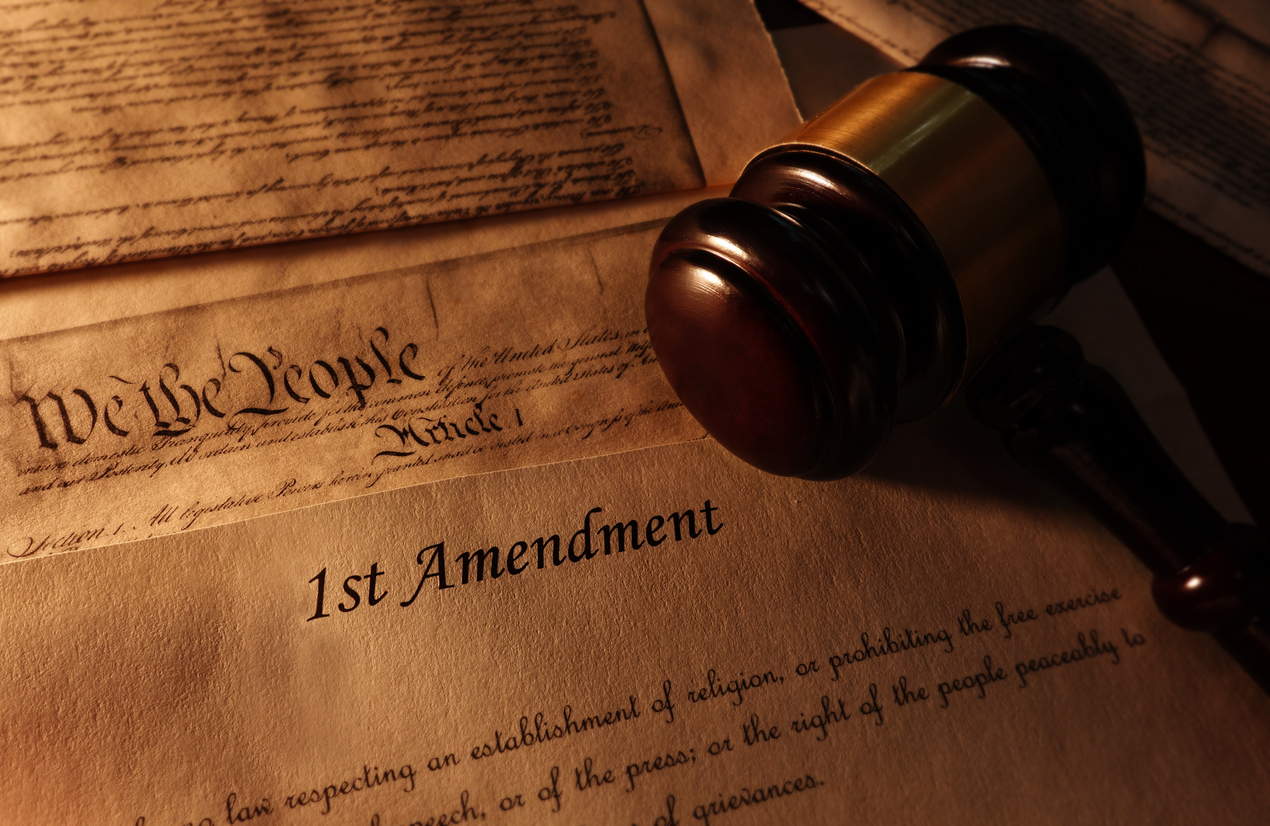Federal Injunction Protects Employers from Contraceptive Mandate
Louis Brown
Executive Director, Christ Medicus Foundation
In DeOtte v. Azar, a federal district court case in Texas this past summer, a federal court issued a new permanent national injunction robustly protecting employers and individuals across the country who object to paying for contraceptive health insurance coverage in their health insurance plans. It is understandable why one may have thought that the issue of protecting nonprofit employers who have religious objections to contraceptive coverage was resolved long ago. It is resolved, for now. Unfortunately, however, it took a new federal court decision this past June to do so. This federal injunction provides helpful legal protections for Catholic nonprofit employers who of course object to contraceptive coverage in their health insurance plans. Here is the story of how we got here and the larger implications for Catholic employers going forward.
Many remember the famous Supreme Courtcase, Zubik v. Burwell, 136 S. Ct. 1557 (2016), which in part involved a clash between the Little Sisters of the Poor, a Catholic women’s religious order and nonprofit employer, and the federal government over the issue of requiring employer health insurance plans to include coverage of contraception for employees. In what became known as theLittle Sisters of the Poor case, the Little Sisters and other faith-based nonprofit employers sued the federal government over an Obama era U.S.Department of Health and Human Services regulation (“contraceptive mandate” or“original regulation”) that certain nonprofits asserted violated their religious freedom rights. Specifically, the Little Sisters argued that the government’s attempt to “accommodate” religious objections to the contraceptive mandate still violated the federal Religious Freedom Restoration Act (RFRA) because the “accommodation” required employers to sign a certification form there by forcing the employer to participate in the offering of contraception. In Zubik, the Supreme Court’s ruling sent the case back to respective lower courts of appeal and ordered that the nonprofit employers and the federal government find an approach that truly protected the religious exercise of the nonprofits while ensuring that female employees had access to contraception. Eventually, under the Trump administration, HHS issued new regulations (“amended regulations”) that exempted employers from the contraceptive mandate if those employers had moral or religious objections to contraceptives. Problem solved? In the words of Dick Vitale, not so fast.
This past January 2019, a federal court in Pennsylvania enjoined the federal government from implementing the new amended TrumpAdministration contraceptive regulation that protected religious freedom rights.By enjoining the amended Trump Administration regulation, the federal court inPennsylvania permitted the original regulation, the original contraceptive mandate, to stand. However, in a separate case, DeOtte v. Azar, a federal court in the Western District of Texas certified a class action lawsuit in which a class of individuals and a class of employers alleged that the original contraceptive mandate, as issued under the Obama Administration, violated their rights under RFRA. The plaintiff class of individuals in DeOtte argued that the original HHS regulation, if left in place, would leave them with the untenable choice between (a)purchasing health insurance that subsidizes the provision of contraception to others and consequently violating their religious beliefs, and (b) being forced to go without health insurance altogether. The class of employers in DeOtte argued that the HHS regulation placed them into the conundrum of violating their beliefs by providing contraception to their employees, signing a certification form effectively authorizing contraception for their employees and thereby again violating their religious beliefs, or paying a severe tax penalty.
Ultimately, in its ruling on June 5, 2019, the federal district court in Texas found in favor of the class of individuals and the class of employers and declared that the contraceptive mandate violatesRFRA. Furthermore, the district court enjoined the federal government from any enforcement of the contraceptive mandate anywhere in the United States against individuals or employers who object to contraceptive coverage based on their sincerely held religious beliefs. Therefore, the nationwide federal injunction in DeOtte now protects any current or future employer who objects to the contraceptive mandate’s “accommodation”process based on sincerely held religious beliefs. The nationwide federal injunction also blocks the federal government from requiring individuals within the scope of the individual class action from providing insurance coverage or payments for contraceptive services that those individuals object to because of their sincerely held religious beliefs.
The good news is that Catholic nonprofit employers are now protected from the contraceptive mandate because of the DeOtte Injunction. The bad news is the fact that the DeOtte Injunction was even necessary. The legal wrangling in two federal courts this past year is a powerful reminder that the legal, political, and cultural battle over the religious freedom of employers is not over. Catholic bishops, dioceses, and nonprofit employers must all remain vigilant about legal and legislative developments at the state and federal level that impact the right of Catholic employers to exercise their faith in their benefit decisions.
.png)




